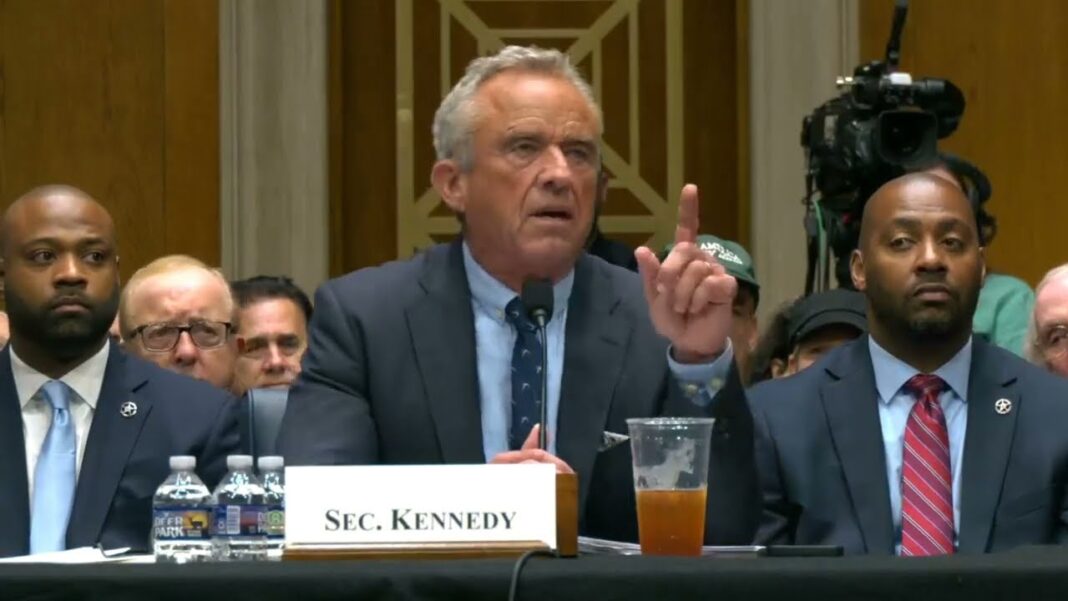The party-line vote was a first step in bringing the budget reconciliation bill to the full House.
The House Energy and Commerce Committee approved changes to Medicaid that will reduce federal spending by $712 billion over 10 years.
The approval came in a party-line 30–24 on May 14 after a marathon session lasting more than 26 hours, and marked the first step toward passage of a larger bill that is intended to fund President Donald Trump’s agenda.
Medicaid became a target in the budget reconciliation process after Republicans asked the committee to find $880 billion in cumulative spending reductions through 2034.
During the debate, Republicans and Democrats painted vastly differing pictures of the proposed changes to Medicaid and how they would impact beneficiaries.
Republicans presented the reforms as a series of commonsense measures that would extend the viability of the $914 billion program, largely by ensuring that only people entitled to receive Medicaid benefits are enrolled in the program.
Democrats said the changes were calculated to provide tax breaks to billionaires by creating barriers to enrollment and treatment for low-income, disabled, and elderly people and would rob millions of low-income Americans of health coverage.
The committee’s chairman, Brett Guthrie (R-Ky.), summarized the provisions of the bill, saying, “All of this is part of our effort to strengthen Medicaid for the people that need it most.”
Ranking Member Frank Pallone (D-N.J.) said, “This is not a moderate bill, and it is not focused on cutting ‘waste, fraud, and abuse.’ Instead, Republicans are intentionally taking health care away from millions of Americans so they can give giant tax breaks to the ultra-rich who don’t need them.”
Changes
Under the bill, able-bodied adults who do not have dependents would have to complete “community engagement requirements” to remain eligible for Medicaid. That will mean spending 80 or more hours per month—or an average of 20 hours a week—at work, on education, or in volunteer service.
Enrollees would also have to verify that they remain eligible for the low-income program twice a year instead of annually.
Medicaid enrollment grew to an all-time high of 94 million in March 2023, just before the annual verification requirement was reinstated after a freeze during the COVID era.
The bill would also add a requirement for some Medicaid recipients who make more than 100 percent of the federal poverty level to pay certain out-of-pocket expenses. Those copayments would be determined by each state, limited to $35, and would not apply to emergency, prenatal, or pediatric care, or to primary care checkups.
People owning a home worth more than $1 million will not qualify for the low-income program.







